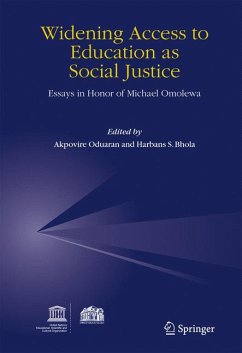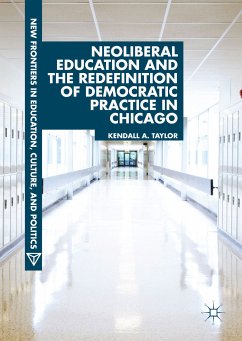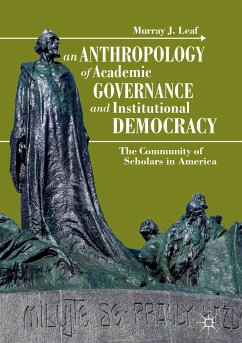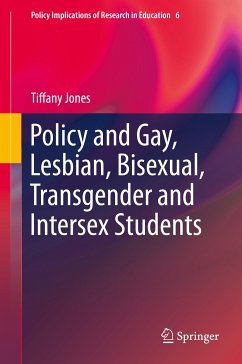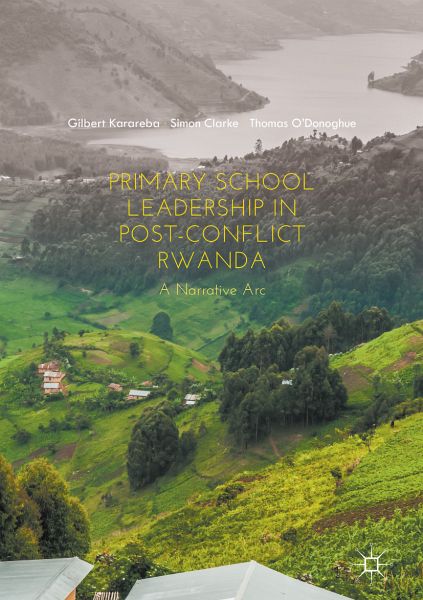
Primary School Leadership in Post-Conflict Rwanda (eBook, PDF)
A Narrative Arc
Versandkostenfrei!
Sofort per Download lieferbar
72,95 €
inkl. MwSt.
Weitere Ausgaben:

PAYBACK Punkte
36 °P sammeln!
This book explores the current status of primary schools in Rwanda and the history behind their development. It argues that current primary school leaders in the area encounter a wide range of problems relating to conflict prevention, teachers' and school leaders' professionalism, financial and resourcing constraints, student attrition, and parental disengagement, many of which can be attributed to the legacies of war and the genocide in 1994. The book also presents a range of strategies that are pursued by school leaders while dealing with these concerns, as the Rwandan government invests in ...
This book explores the current status of primary schools in Rwanda and the history behind their development. It argues that current primary school leaders in the area encounter a wide range of problems relating to conflict prevention, teachers' and school leaders' professionalism, financial and resourcing constraints, student attrition, and parental disengagement, many of which can be attributed to the legacies of war and the genocide in 1994. The book also presents a range of strategies that are pursued by school leaders while dealing with these concerns, as the Rwandan government invests in reconstructing education following the country's turmoil. Through examining the issues of the past and the present, the book provides valuable insights for researchers of educational leadership, school leaders, education policy makers, and those in charge of preparing, developing, and implementing professional development programmes for school leaders and teachers in Rwanda, as well as in other post-war and developing countries.
Dieser Download kann aus rechtlichen Gründen nur mit Rechnungsadresse in A, B, BG, CY, CZ, D, DK, EW, E, FIN, F, GR, HR, H, IRL, I, LT, L, LR, M, NL, PL, P, R, S, SLO, SK ausgeliefert werden.




